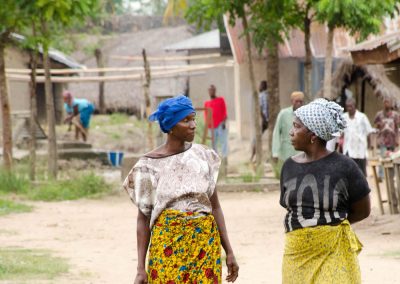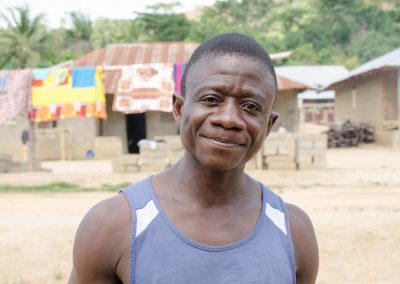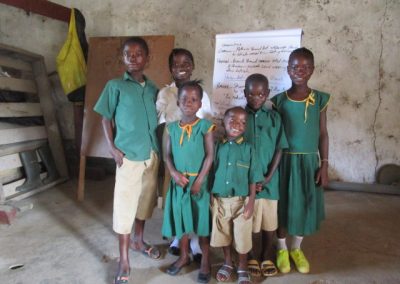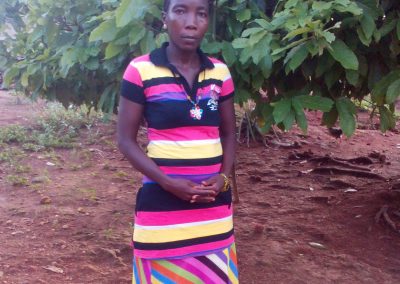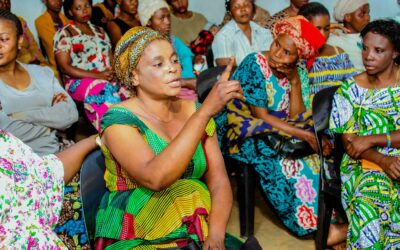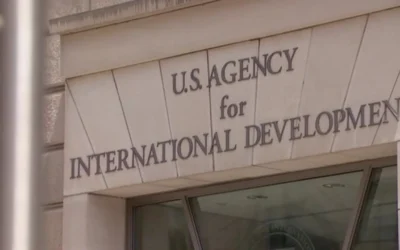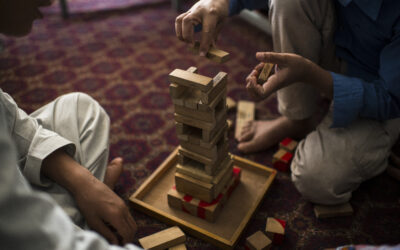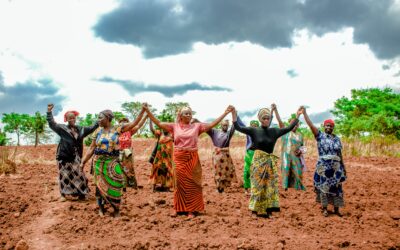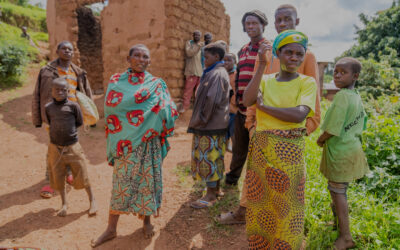Why this project in Sierra Leone shows the importance of community participation
Contrary to popular belief, alleviating poverty requires more than just teaching people skills or handing out materials. A key factor often overlooked in the international development field is community participation. When the community is engaged in the initiative you are trying to accomplish, the likelihood of long-term, sustainable impact rises.
Communities experiencing poverty know their needs best. Asking questions and listening helps ensure that all voices are heard. People are also more receptive to assistance when they feel understood. Without this step, development projects often fail because they are out of touch with the actual needs of the community.
An example of an organization doing community participation well is our newest collaborator OneVillage Partners (OVP). Together we are working to improve access to sanitation in the remote villages of Madina and Makka in Sierra Leone. The project will construct 68 latrines, which are toilet systems that do not require water to flush. These latrines and the addition of handwashing stations will ensure proper sanitation and reduce the spread of diseases in these communities.
OneVillage Partners makes it a priority to listen to the community’s concerns before starting a project. To do this, they have established community action groups who meet to decide on the top five priorities that need to be addressed in their villages. OVP then works alongside leaders to solve the issues. For our partnership with OneVillage, the community action groups decided they wanted to focus on improving sanitation.
In addition to listening to the community’s voice initially, there also needs to be community participation throughout the project. This means including community members in the planning, construction, and implementation.
Participation throughout the process passes on important skills. It also encourages buy-in from the community and ownership of the project. This empowers community members to continue the project, even when the organization leaves.
People living in Madina and Makka will work alongside OVP in the implementation of the sanitation project. As a result, local ownership will be more likely, which means people will participate in the use and maintenance of the new latrines and handwashing stations.
Lahai Amara, one of the beneficiaries of the project says, “to enhance project sustainability, communities should contribute.” He will be one of the local volunteers that will encourage and educate his community on the effectiveness of handwashing and using the new sanitation facilities.
OneVillage Partners notes the importance of their local leaders: “Together with toilet facilities and handwashing station construction, people like Lahai will be actively contributing to the improved wellbeing of the community of Makka.”
For each of ODW’s projects, we make sure that the communities where we work are brought into the process of planning and implementation. We believe that listening to people’s voices and involving the community is necessary in order to create sustainable impact.
You can support this sanitation project in Sierra Leone here.
—-
Jessinia Ruff is an ODW Blog Contributor and student at Seattle Pacific University.
More stories of impact
Turning Challenges into Opportunities: Masoka’s Journey of Empowerment
Masoka’s hands are stained with the rich soil of the land she now calls home. A 37-year-old mother of four, she arrived at Dzaleka Refugee Camp in Malawi after fleeing the conflict in her home country, the Democratic Republic of the Congo. The future felt uncertain,...
What Was USAID, and What Now?
USAID has made news headlines constantly over the last few months. You may find yourself wondering: what is USAID, and is One Day’s Wages affected by its dismantling? As a global development organization, we at ODW care deeply about the people who depend on foreign...
Growing Love, One Drop at a Time: How One Woman Turned Her Birthday into a Gift of Clean Water
When Sara, a graphic designer and mother from Oregon, started thinking about how to celebrate her birthday, she decided to do something different—something meaningful. With a belief that “we are all connected… with the power to affect change by how we live our own...
Bridging the Gap: An Update on Our Response to the Funding Freeze
In Matoh, Cameroon, a mother prepares to give birth. Life in a conflict zone means getting to a safe facility with trained health workers is nearly impossible. Fortunately, a new mobile clinic begins offering prenatal care and transportation to a birthing clinic,...
Why We Invest in Women
There’s an old Ghanaian proverb: “If you educate a man, you educate an individual. But if you educate a woman, you educate a family.” On this International Women’s Day, we celebrate the power of women—how their resilience, leadership, and determination transform not...
The Case for Social Inclusion
Today is the World Day of Social Justice! Never heard of it? Never fear, we’re here to fill you in. In 2009, the United Nations General Assembly launched the World Day of Social Justice to recognize our on-going need for inclusive economic development and decent work...
LEARN
Leadership
Transparency
Read the Latest
Contact Us
COLLABORATE
Faith Groups
Schools
Businesses
Get Involved
One Day’s Wages exists to alleviate extreme poverty by investing in, amplifying, and coming alongside locally led organizations in underserved communities.
©2025 One Day's Wages is a registered 501(c)(3) organization | Tax ID #26-2566653 | Privacy policy | Terms of use
P.O. BOX 17575 Seattle, WA 98127 | Contact us

